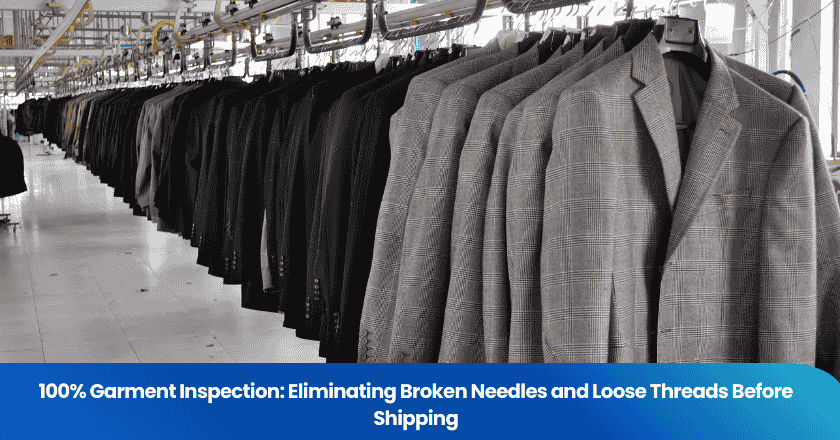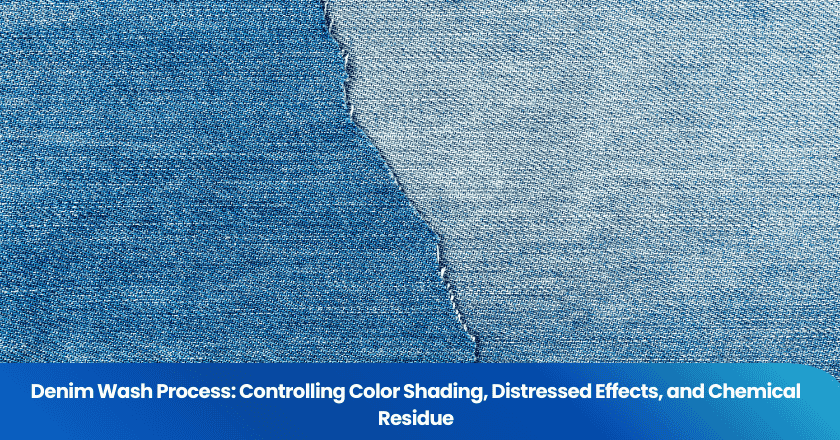
In today's era of globalization and complex supply chains, product quality and compliance have emerged as crucial factors for corporate success.
As an independent quality assurance service, third-party inspection services provide enterprises with reliable means for product verification and risk management. Today, we will explore the definition, types, and benefits of third-party inspection services to help you better understand and utilize these services.
1. What is third-party inspection service?
What is third-party inspection service?
Let's first clarify the core definition and characteristics of third-party inspection services.
Third-party inspection services, as specialized services provided by professional institutions independent of product manufacturers, suppliers, and end users, have the core function of conducting comprehensive and detailed inspections and evaluations of products, production processes, or the entire system.
The fundamental purpose of the service is to ensure that the assessed object strictly adheres to the established quality standards and the mandatory requirements of relevant laws and regulations.
The service is renowned for its high degree of independence, indisputable impartiality, and profound professionalism, providing strong quality assurance for various industries.
Next, let's take a look at which industries most frequently utilize these professional and authoritative inspection services.
Industries commonly utilizing these services span across multiple domains
Manufacturing: In the field of manufacturing, whether it is the precision components of electronic products, the robustness and durability of mechanical equipment, or the material and craftsmanship of textiles, third-party inspection services play a crucial role in ensuring that every product meets design standards and market demands.
Retail industry: For the retail industry, products, whether they are daily necessities or fashionable clothing, must undergo rigorous inspections before reaching consumers. This is to ensure that they not only meet consumers' expectations but also comply with all relevant regulations, thereby safeguarding the brand image and maintaining consumer trust.
Food and pharmaceutical industry: Given that food and pharmaceuticals are directly related to public health and safety, the inspection in this industry is particularly stringent. From the hygiene status of raw materials, to the accuracy of product ingredients, to the compliance of packaging, every detail needs to be strictly controlled by third-party inspection agencies.
In the field of architecture and engineering, the quality of building materials and the quality of construction directly affect the safety and service life of buildings. The application of third-party inspection services in this field aims to ensure that all building materials meet standards and the construction quality meets design requirements.
Finally, let's take a look at a typical inspection process example to gain a more intuitive understanding of how third-party inspection services operate.
An example of a typical inspection process typically includes the following key steps:
Inspection of basic product attributes: Firstly, the inspector will carefully check whether the product's dimensions, materials used, and various functions are fully consistent with the design requirements. This is the foundation for ensuring product quality.
Performance and safety testing: Next, destructive or non-destructive tests are conducted to verify the durability and safety of the product. These tests may include strength tests, wear resistance tests, and environmental adaptability tests, among others, to ensure that the product performs well in actual use.
Packaging and documentation verification: Finally, inspectors will carefully check the packaging, labeling, and accompanying documents of the products to ensure that they comply with international transportation standards and relevant laws and regulations, ensuring that the products are not damaged during transportation and that the information is accurate.
2. Types of third-party inspection services
As an essential component of the quality control field, third-party inspection services come in various types with distinct features, comprehensively covering every key stage in the product lifecycle, ensuring that every step, from raw materials to the final product, meets high-standard quality requirements.
The following is a detailed elaboration on several major types of inspection services:
Pre-production inspection: laying a solid foundation for quality
Pre-production inspection, as the name implies, refers to a comprehensive and meticulous review of raw materials and preliminary production processes conducted before the commencement of formal production activities. This stage is crucial as it enables the timely identification and rectification of issues with raw materials, while assessing the reasonableness and feasibility of the production process. This, in turn, effectively prevents potential production delays, cost increases, or quality issues that may arise later on. Through pre-production inspection, enterprises can ensure high-quality production from the outset, laying a solid foundation for subsequent production.
Inspection during production: ensuring production consistency
With the operation of the production line, in-process inspection becomes crucial to ensuring consistent product quality. This service type involves conducting regular or irregular quality checks at various stages of the production process, aiming to promptly identify and address potential issues during production, such as process deviations, equipment malfunctions, or employee operational errors. Through in-process inspection, enterprises can ensure that every step in the production process meets established standards, thereby achieving product consistency and reliability.
Pre-shipment inspection: Guarding the threshold of product delivery
When the product is finished and about to embark on its journey to the customer's hands, pre-shipment inspection becomes particularly important. This stage covers a comprehensive inspection of the finished product, including appearance, functionality, packaging, and other aspects, to ensure that the product fully meets customer requirements and industry standards before shipment. Pre-shipment inspection is not only the final confirmation of product quality but also a commitment to customer trust. It can effectively reduce returns and complaints, and enhance customer satisfaction.
Container loading inspection: Reducing transportation risks
In the context of globalized trade, long-distance transportation of products has become the norm. As an important step to ensure the safe arrival of products at their destination, container loading inspection is of undeniable importance. This service type involves supervising the entire process of product packing, including verifying the quantity of products, checking whether the packaging is intact, and assessing whether the loading conditions are suitable. Through container loading inspection, enterprises can significantly reduce the risk of damage during transportation and ensure that products arrive in the best condition in the hands of customers.
Factory audit: Building supply chain reliability
In addition to inspections focused on the product itself, factory audits are also an indispensable part of third-party inspection services. By conducting a comprehensive evaluation of suppliers' production capabilities, quality control systems, and social responsibility performance, factory audits help enterprises select high-quality partners and establish a stable and reliable supply chain system. Factory audits not only focus on product quality but also on the overall operational status and sustainable development capabilities of suppliers, thereby providing strong support for the long-term development of enterprises.
3. Benefits of third-party inspection services
In today's fiercely competitive market environment, product quality and compliance have become the cornerstone for the survival and development of enterprises.
Third-party inspection services, as a significant force in the field of quality control, have brought numerous notable benefits to enterprises. The following is a detailed elaboration on these benefits:
Grow your business with TradeAider Service
Click the button below to directly enter the TradeAider Service System. The simple steps from booking and payment to receiving reports are easy to operate.





